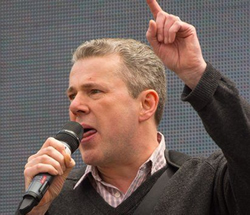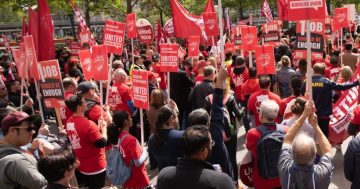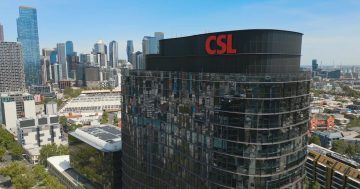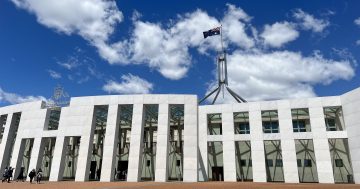 United Kingdom Public Servants are facing real-term pay cuts over the next two years with the Government announcing it is abandoning plans for a spending review until after the next General Election, due towards the end of 2024.
United Kingdom Public Servants are facing real-term pay cuts over the next two years with the Government announcing it is abandoning plans for a spending review until after the next General Election, due towards the end of 2024.
This comes as Public Servants begin to vote on whether to go on strike, and in the wake of the Government’s mini-Budget, which included £45 billion ($A74.2 billion) in tax cuts.
Government workers have lost around a fifth of their pay in real terms in the past decade, according to unions.
They received an average pay rise of two per cent this year.
It also means Departments’ budgets are unlikely to be refreshed despite soaring inflation reducing their spending power.
Members of the Public Service’s biggest union, the Public and Commercial Services (PCS), began voting on whether to take strike action over pay, pensions, redundancy terms and job cuts.
More than 150,000 Public Servants from more than 200 Government Departments and Agencies are to be balloted over the next two months.
The Public Service is also facing 91,000 job cuts, under plans unveiled by former Prime Minister, Boris Johnson, while the unions and the Government are also in dispute over pension and redundancy terms.
General Secretary of the PCS, Mark Serwotka said the Government had ignored union demands for a fair pay rise “so we have no choice other than to launch what is the most significant ballot for strike action in our history”.
Mr Serwotka (pictured) said he had never seen such a shocking situation in 41 years of working in and around the Public Service.
A Cabinet Office spokesperson said: “We are fully committed to our engagement with staff and unions. Industrial action should always be a last resort and we are working to minimise any potential disruptions.”
London, 28 September 2022











